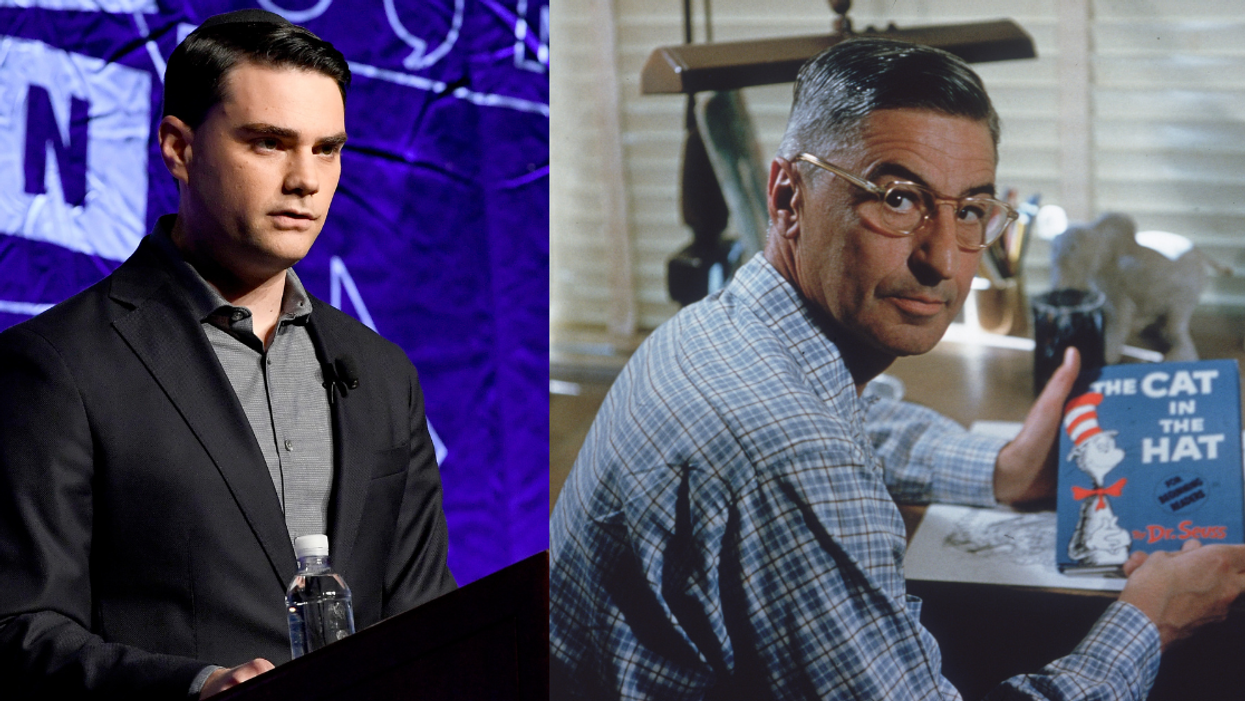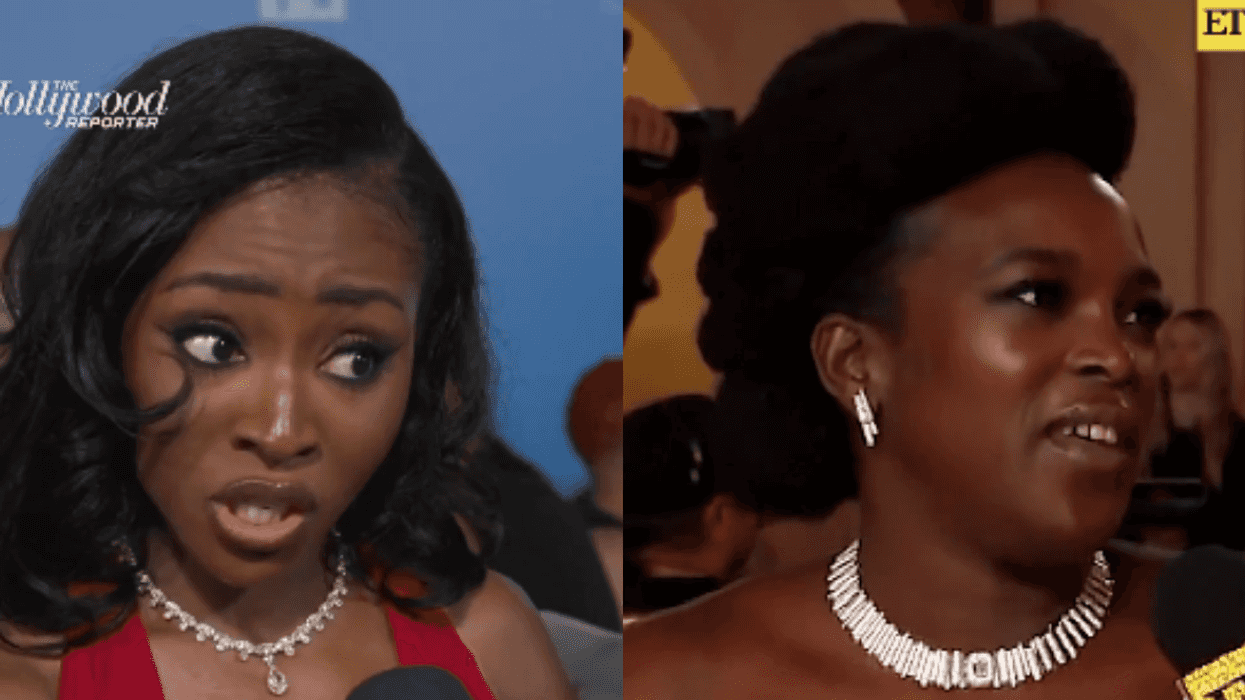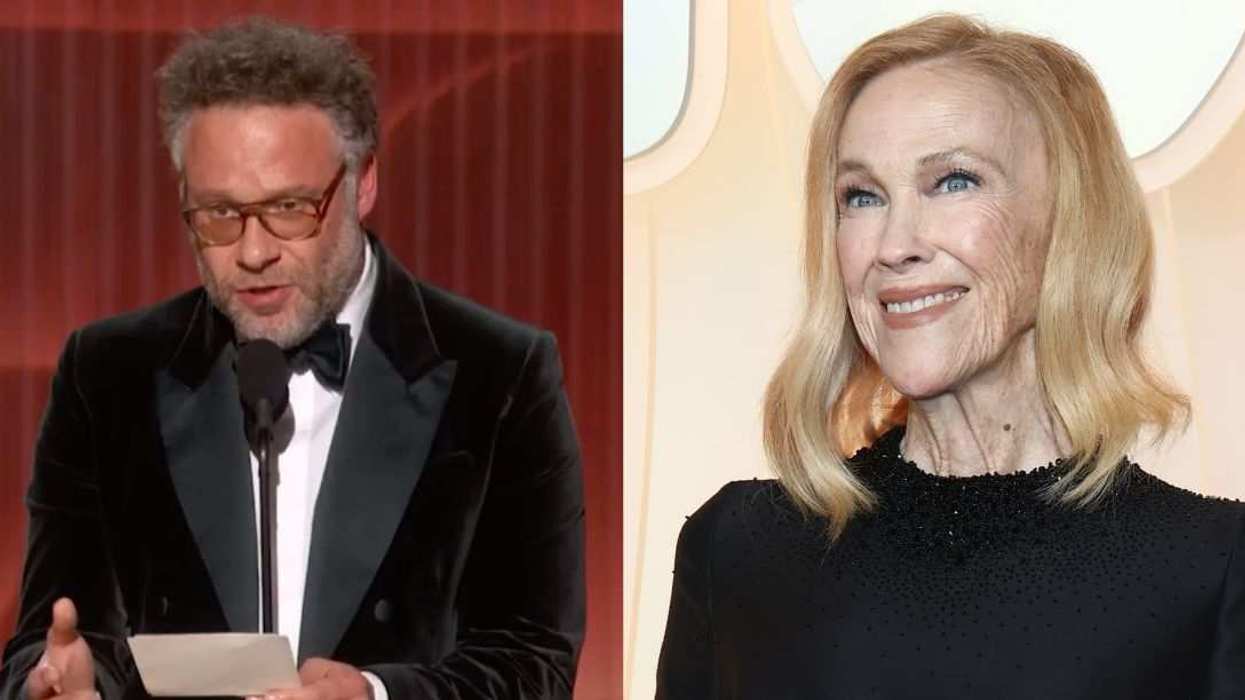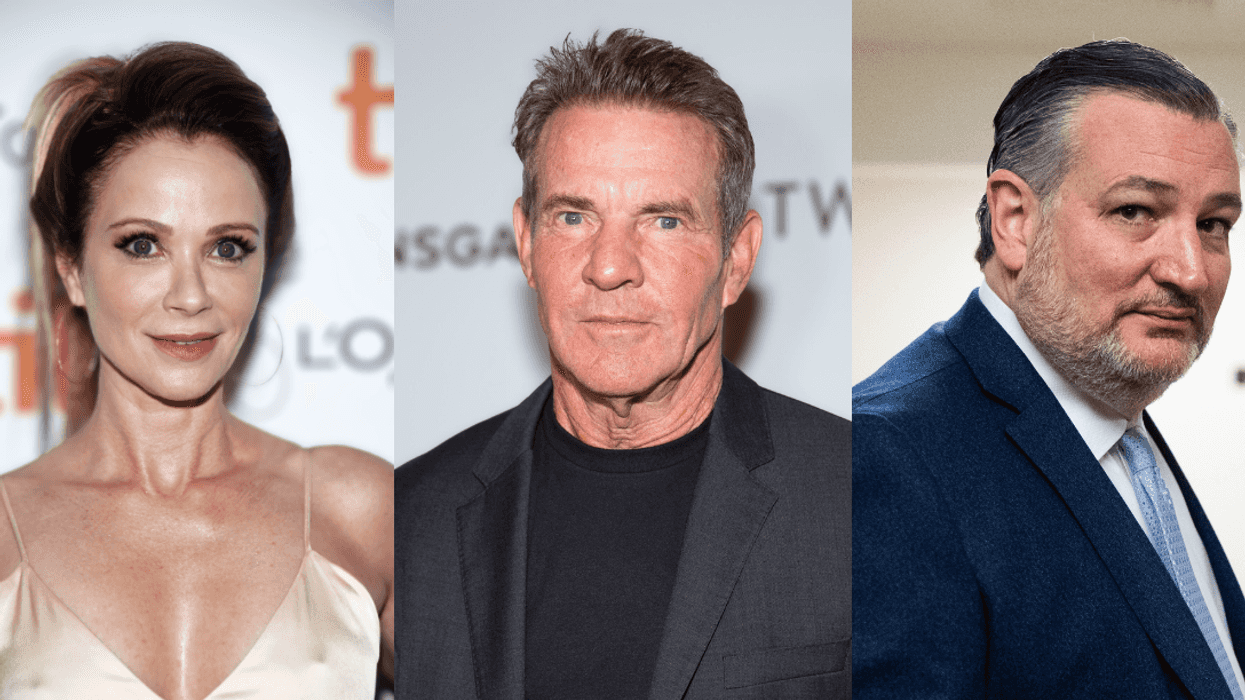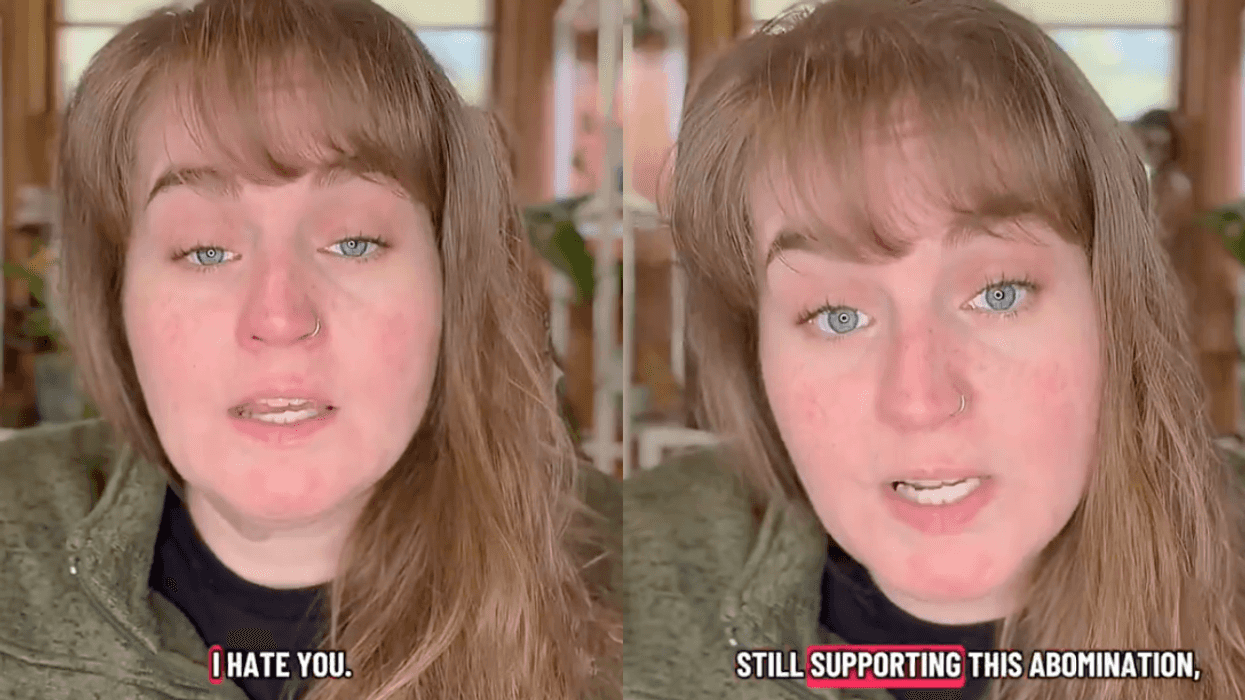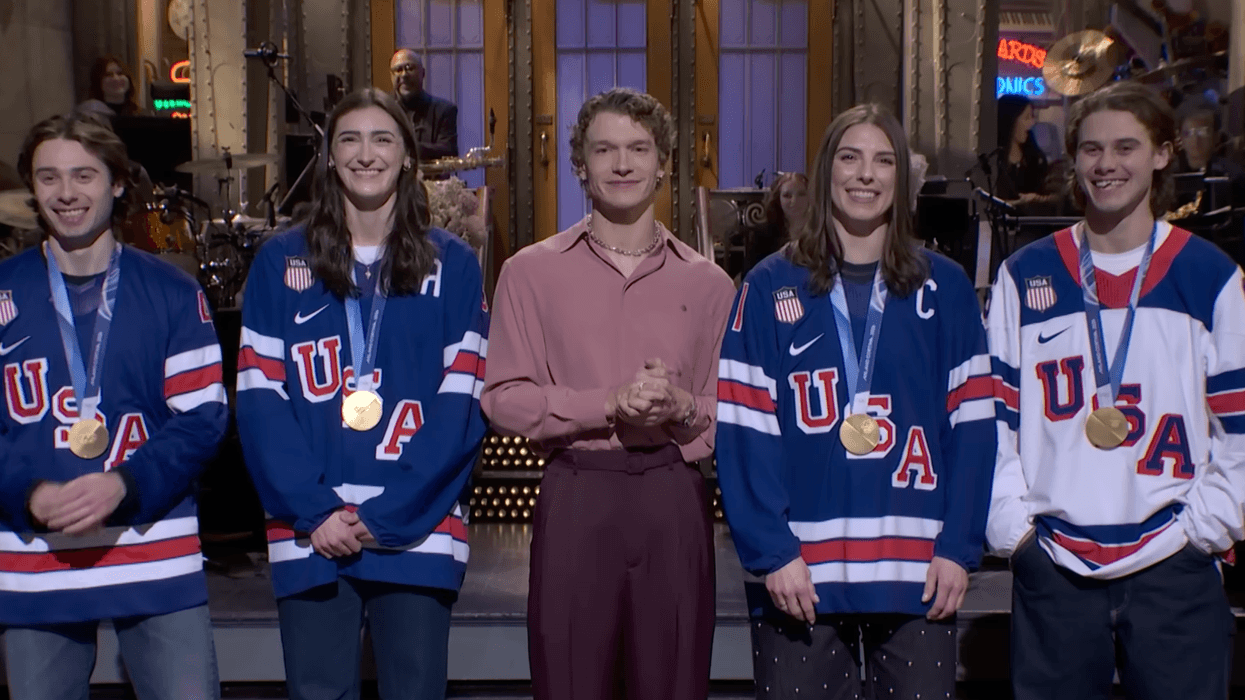Is that a wocket in your pocket or are you just upset about the harmful racist stereotypes that have been perpetuated in the Americas by White writers for the past 500 hundred plus years?
You are not alone. This year, in a show of solidarity, Dr Seuss Enterprises which represents the estate of beloved children's author Dr Seuss, will discontinue publication of six books due to their insensitive portrayals of Black and Asian people.
The estate which owns the intellectual property rights for these books decided to take this step. This wasn't a publisher decision.
Basically, Dr Seuss banned their own books which they announced on social media.
And conservatives have already begun melting down over Dr Seuss' decision about what to do with their own intellectual property.
So much for free enterprise...
And to Think That I Saw It on Mulbery Street, If I Ran The Zoo, McElligot's Pool, On Beyond Zebra!, Scrambled Eggs Super! and The Cat's Quizzer are the six books that will not be re-entering circulation.
NPR outlined some of the problems with the books in question:
"In And To Think That I Saw It On Mulberry Street, for example, a character described as Chinese has two lines for eyes, carries chopsticks and a bowl of rice, and wears traditional Japanese-style shoes. In If I Ran the Zoo, two men said to be from Africa are shown shirtless, shoeless and wearing grass skirts as they carry an exotic animal."
"Ceasing sales of these books is only part of our commitment and our broader plan to ensure Dr. Seuss Enterprises' catalog represents and supports all communities and families," said Dr Seuss Enterprises in a statement about the books.
"These books portray people in ways that are hurtful and wrong....Dr. Seuss Enterprises listened and took feedback from our audiences including teachers, academics and specialists in the field as part of our review process. We then worked with a panel of experts, including educators, to review our catalog of titles."
As a political cartoonist, Theodor Seuss Geisel (Dr Seuss' full real name) was highly critical of the WWII era "America First" movement, likening it to the Nazi party in Germany.
He also acknowledged the racism in his own illustrations which were on par with others from the era they were drawn, but were still racist imagery then and now.
So the fact the "America First" contemporary conservatives are being so defensive of Seuss' work, despite his enterprise's wishes, is irony at its finest.

